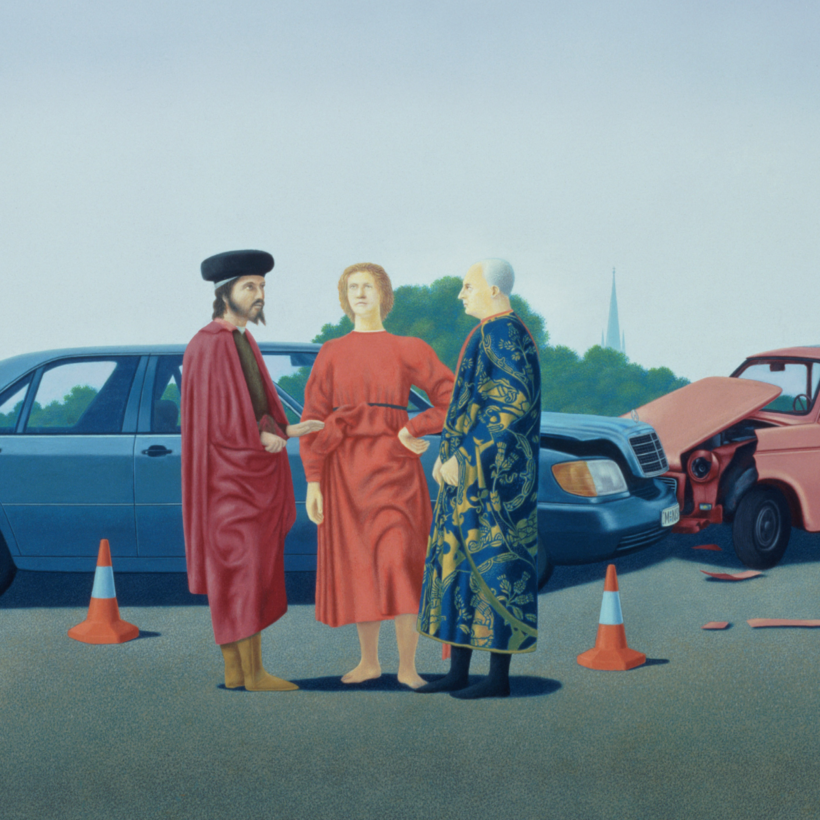Of all the arcane corners of academia—comparative puppetry, the history of flags (officially called “vexillology”)—perhaps my favorite is riddle studies. And of all the corners of riddle studies, perhaps the liveliest is the study of medieval riddles, specifically 95 riddles found in The Exeter Book, a 10th-century volume compiled by British monks.
To research my new book The Puzzler, I called one of the stars of medieval-riddle studies, Megan Cavell, an Old English lecturer at the University of Birmingham who runs a Web site called the Riddle Ages.

